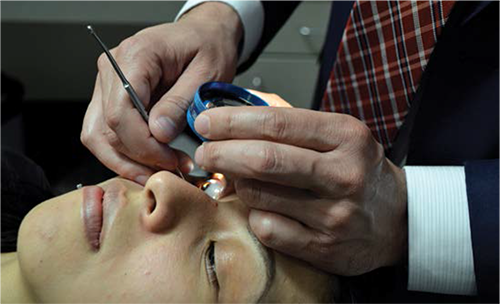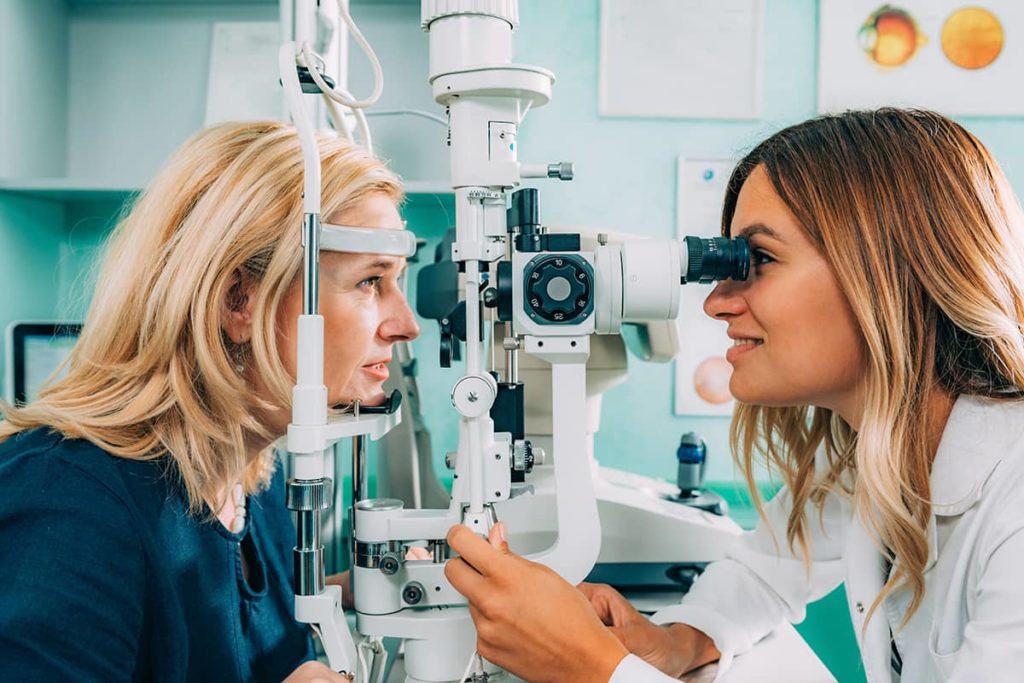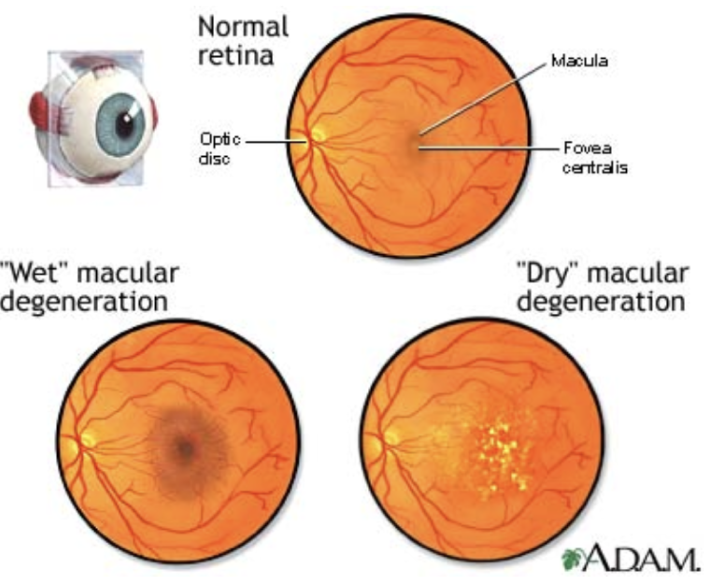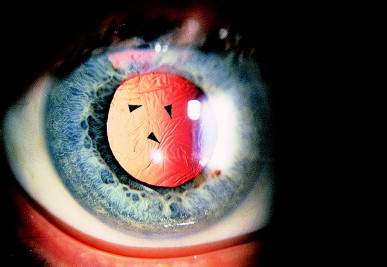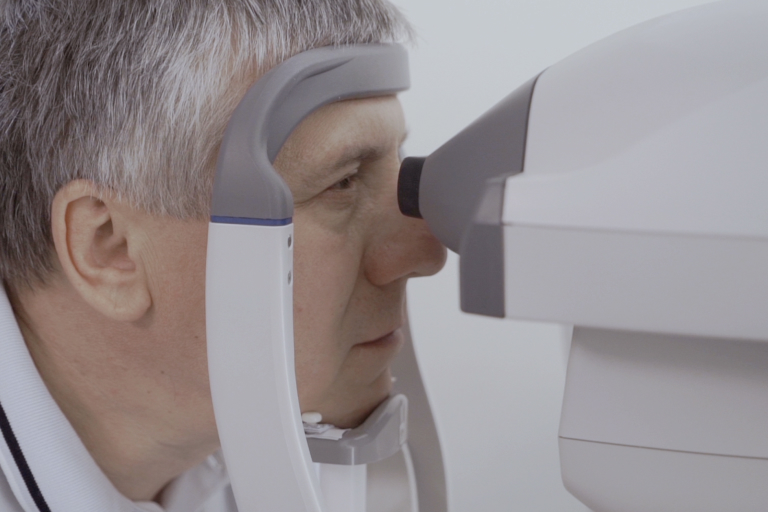How Often Should I Get an Eye Exam?
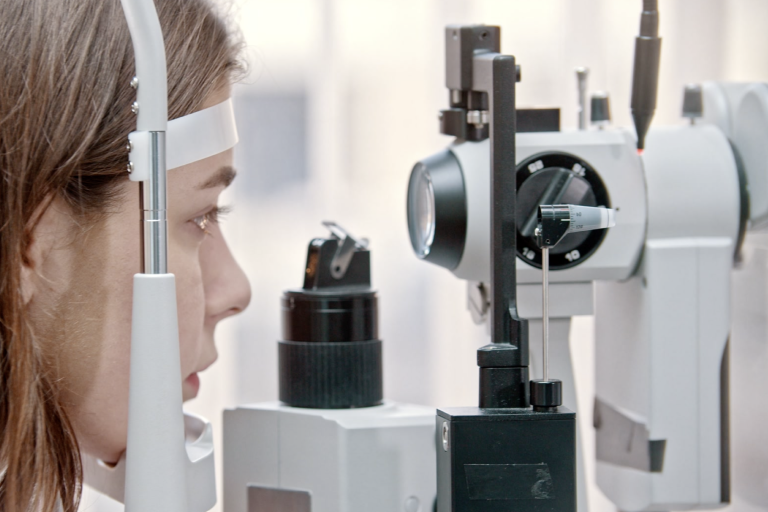
How Often Should I Get an Eye Exam?
Eye exams are not just about assessing vision; they also play a critical role in detecting potential eye diseases, such as glaucoma, macular degeneration, and diabetic retinopathy, in their early stages. Early detection allows for timely intervention and treatment.
Factors Influencing the Frequency: The frequency of eye exams can vary depending on several factors, including age, overall health, family history of eye conditions, and existing eye health issues. Here’s a breakdown based on different life stages:
- Infants and Children: Pediatricians often perform basic eye screenings during routine well-child visits. However, comprehensive eye exams by an eye care professional are recommended for infants between 6 and 12 months of age, then again at ages 3 and 5, and annually thereafter, especially if there are any concerns about vision or eye health.
- Adults: For adults with no known eye conditions or risk factors, a baseline eye exam is recommended at age 40. Afterward, individuals aged 18 to 60 should have an eye exam every two years. However, if you wear glasses or contact lenses, have a family history of eye diseases, or have underlying health conditions like diabetes or hypertension, annual exams may be necessary.
- Seniors: As individuals age, the risk of developing age-related eye conditions such as cataracts, glaucoma, and macular degeneration increases. Therefore, adults aged 61 and older should have annual eye exams to monitor for these conditions and ensure early detection and appropriate management.
- Diabetics: It is especially important for patients with diabetes to receive an eye exam every year. A dilated eye exam can provide a simple way for your eye doctor to evaluate the effect of blood glucose on your vascular system and report those findings to your primary care provider.
Additional Considerations: Apart from age and risk factors, certain symptoms or changes in vision may warrant more frequent eye exams. These include sudden vision changes, eye pain, flashes of light, floaters, double vision, or difficulty seeing at night. If you experience any of these symptoms, it’s crucial to seek prompt evaluation by an eye care professional.
Regular eye exams are an integral part of maintaining optimal eye health and preserving vision. By adhering to recommended exam frequencies based on age, risk factors, and overall health, individuals can proactively monitor their eye health and address any concerns promptly. Remember, early detection and intervention are key to preventing vision loss and maintaining a clear outlook on life. Schedule your next eye exam today and prioritize your vision health for a brighter future.
At the Orchard Eye center we perform complete eye exams for patients of all ages. Our primary focus is on adults and seniors. Please contact us at 801-658-5486 to schedule your exam.
you may also like
Styes and Chalazions: Causes, Symptoms, and Treatment
What Are Styes and Chalazions? Styes, also known as hordeolums, and chalazions are small, painful lumps that…
Flashes and Floaters in Your Vision?
Have you ever noticed tiny specks or threads drifting across your field of vision? Or perhaps sudden…


